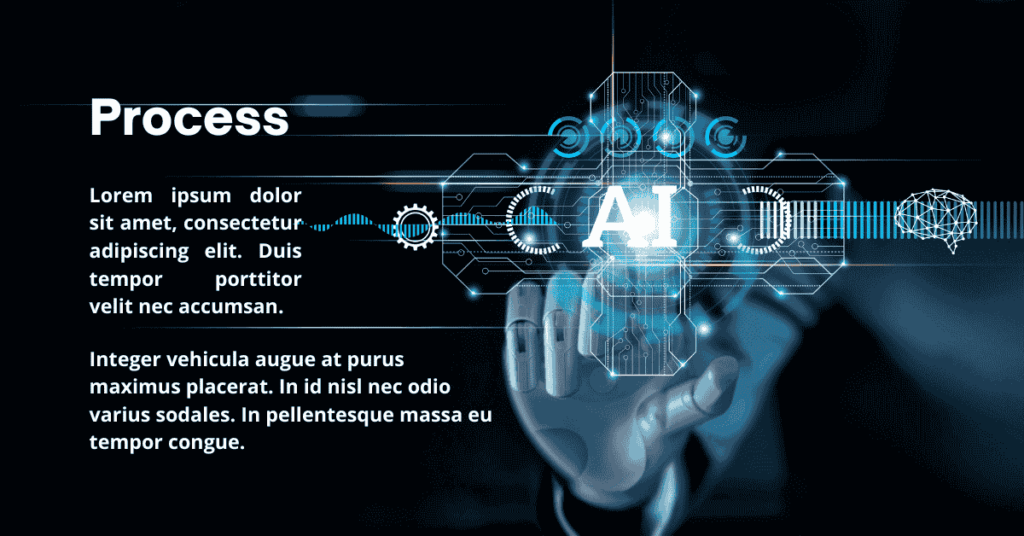Have you ever wondered who controls the internet? Who manages the entire world’s internet? You might think that internet service providers like Jio, Airtel, or BSNL control it, but that’s false. If one company stops providing internet, another company is always available.
You might then think that our government controls the internet, but that’s also not true. The government can remove a few Facebook posts or block some websites, but these can be easily bypassed, and it won’t have much control over the global internet.
So, do companies like Google, Facebook, and YouTube control the internet because they have the most data? No, because you can create your own website, and these companies cannot interfere with it.
Who Provides Space for Your Website on the Internet?
When you create your website, who gives you space on the internet? Which authority decides whether you can create a website or not?
The internet is an important tool for maintaining freedom and democracy worldwide. Some countries, like China, completely block their citizens from accessing certain websites.
How Does the Internet Work?
Understanding how the internet works and what it is, is very important. In this video, I will explain the internet to you.
Companies That Sell Domain Names

Some websites, like GoDaddy dot com, sell domain names. But the question is, who gave GoDaddy the authority to sell domain names?
ICANN: The Top Authority of the Internet
Above these companies, there is another authority called ICANN (Internet Corporation for Assigned Names and Numbers). It is a non-profit organization based in Los Angeles. You can consider it the top-level authority for the internet.
Special Contest
At the end of this video, there is a special contest where you can win many prizes. The grand prize is a holiday trip to Singapore. So, watch the video till the end.
The Power Behind the Internet: Who Really Controls It?
Have you ever wondered who controls the internet? Who manages the entire world’s internet? You might think that internet service providers like Jio, Airtel, or BSNL control it, but that’s not true. If one company stops providing internet, another company is always available.
You might then think that our government controls the internet, but that’s also not true. The government can remove a few Facebook posts or block some websites, but these can be easily bypassed, and it won’t have much control over the global internet.

So, do companies like Google, Facebook, and YouTube control the internet because they have the most data? No, because you can create your own website, and these companies cannot interfere with it.
Who Provides Space for Your Website on the Internet?
When you create your website, who gives you space on the internet? Which authority decides whether you can create a website or not?
The internet is an important tool for maintaining freedom and democracy worldwide. Some countries, like China, completely block their citizens from accessing certain websites.
ICANN: The Top Authority of the Internet
ICANN (Internet Corporation for Assigned Names and Numbers) is a non-profit organization based in Los Angeles. It has the power to authorize websites like GoDaddy.com to sell domain names. ICANN decides which websites can sell domain names and what domain names can exist, such as .com, .in, .info, or even .go.
Although ICANN is a non-profit organization, it sells top-level domain names to other companies through bidding. These companies are called registries. You can visit ICANN’s website to see which companies have purchased different top-level domains. For example, .AAA is owned by the American Automobile Association. Below registries are registrars, like GoDaddy.com, which sell top-level domains plus domain names to individuals.
Is ICANN the Master of the Internet?
Not exactly. The internet is a highly decentralized network. Think of it as a web where every computer and mobile phone connected to the internet forms part of the network. Each device connected to the internet is a server, and they are all connected through wires. Across the world, large underwater cables connect all these servers, forming the internet.
How Does Your Mobile Phone Connect to the Internet?
You might wonder how your mobile phone connects to the internet without any cables. Mobile phones connect to mobile towers, which have a limited range for 3G and 4G signals. These mobile towers are connected by wires, which eventually connect to the global network of wires.
The Role of Internet Service Providers (ISPs)
Companies that lay these wires and connect your homes to the internet have significant power. These companies are called Internet Service Providers (ISPs), like Airtel, Jio, and BSNL. They bring the internet to your homes and have the power to block certain websites if the government requests it. However, their power is limited because you can use VPNs to bypass these blocks.
Understanding IP Addresses
Just like every mobile phone has a phone number, every device connected to the internet has an IP address. Whether it’s your computer, smartphone, or a data center server, each has a unique IP address.
Understanding the Internet: Who Controls It and How It Works
Have you ever wondered who controls the internet? Who manages the entire world’s internet? You might think that internet service providers like Jio, Airtel, or BSNL control it, but that’s not true. If one company stops providing internet, another company is always available.
You might then think that our government controls the internet, but that’s also not true. The government can remove a few Facebook posts or block some websites, but these can be easily bypassed, and it won’t have much control over the global internet.
So, do companies like Google, Facebook, and YouTube control the internet because they have the most data? No, because you can create your own website, and these companies cannot interfere with it.
The Role of IP Addresses and Domain Names
Every website has an IP address, similar to how phone numbers work for making calls. When you type an IP address into your browser, it directs you to a specific server where the website is hosted. However, we usually use domain names instead of IP addresses because domain names are easier for humans to read and remember.
How Domain Names Work

Domain names are connected to IP addresses. When you type a domain name into your browser, a Domain Name Server (DNS) converts that domain name into an IP address. Sometimes, internet service providers block access to certain websites by blocking their DNS. To bypass this, you can use a public DNS like Google’s DNS (8.8.8.8). Simply change your DNS settings on your mobile phone or computer to unblock these websites.
The Decentralized Nature of the Internet
Returning to our original question: Who controls the internet? The answer is that no one controls it entirely, and yet, we all do. The internet functions as a decentralized system. If you want to own a part of the internet, you can do so by creating your own website.
Creating Your Own Website
To create a website, you need to buy a domain name and a server to store your website. While your mobile phone or computer can technically act as a server, they lack the processing power and storage capacity to run a website 24/7. That’s why people usually buy server space from large data centers that are secure and reliable.
Linking Your Domain Name to Your Server
Once you have your domain name and server, you need to link them and publish your DNS. Think of your website as a hard disk that you can access from anywhere via the internet. You can store documents on your website and access them just like you would from a hard disk. However, only you can access this website because it will have a username and password.

